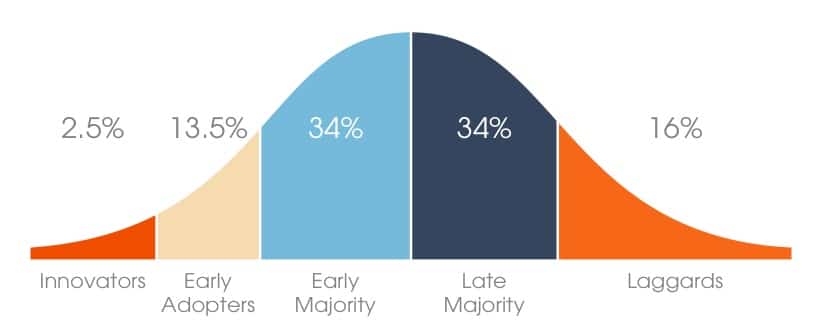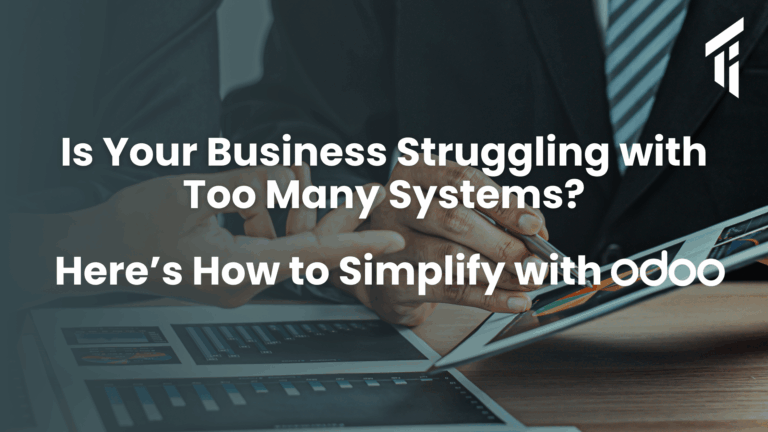After a whole lot of discussions when Business Owners finally make up their mind to perform an ERP implementation, little they know that it is just their first step. ERP is becoming a necessity in this modern technological environment, because their benefits far outweigh the efforts put in manually, even by using a different sophisticated software.
But the bottom line is even an ERP implementation is a challenge in itself, as different industries have their different requirements that pose a variety of other challenges. In this blog we will be discussing Top 3 Challenges distributors face when implementing an ERP system.
1. Buy in by employees
The whole implementation of ERP can be really beneficial for an organisation, but what if the employees are not handy with changing technology? There are certain scenarios where even after the complete deployment of the software and services, the employees of the client’s organisation aren’t familiar with technology or the less willingness of the employees to move out of their comfort zone to adapt with the new software and its features causes a slow down to the process.
Such cases cause a lot of damage to organisation’s growth and keeping up with the pace of growing competition in the market.
The process of adoption over time is typically illustrated as a classical normal distribution or “bell curve”. The model indicates that the first group of people to use a new product is called “innovators”, followed by “early adopters”. Next, comes the early majority and late majority, and the last group to eventually adopt a product are called “Phobics” or “Laggards.”
2. The selection problem
There are more than 500 ERP applications present to serve your organisation, but the problem is to choose one from the plethora of ERP.
Some companies may find themselves immune to this challenge, But as an implementer, you can’t put a blind eye to anything. This challenge is accomplished by defining factors functionality, price and size of the organisation.
The same kind of challenge was faced by us when Rayal, a lightning installation enterprise approached us.There were three choices for us to choose from SAP Business One, Microsoft Dynamics and Odoo.
After a complete brief study Target Integration brought in Odoo Enterprise Edition as the ERP of choice for Rayal. Odoo is a suite of open source business apps that cover all your business needs. Odoo offers the easiest and most modern looking user interface for those who have seen traditional ERP systems, for a more detailed overview, read our case study on Rayal.
3. Overengineering a solution
The ability to automate administrative tasks and inefficient business processes – that once took hours of manual labour – is a beautiful thing. Technology in knocking down barriers that previously stood in the way of productivity and profits.
The efficiency that results from automation can also be intoxicating, causing you to obsess over automating every single business process. But, some processes still require good old-fashioned decision-making and human intuition. In fact, for most companies, it’s that very same human intuition that provides a competitive advantage.
There are a number of reasons that some processes need to be kept manual:
- There may not be the systems available for automation
- Processes like license entry or contract entry need to be checked by a human to ensure accuracy
- Leaving it automated can result in bad data
- Automated tools need help with making logical decisions. This can only be done manually by humans
The catch is “Sometimes it is ok to leave some of the processes manual. You don’t want to spend money on a feature which only adds a small value or doesn’t provide sufficiency which you expect it to provide”.
To foresee all these challenges you must consult with an experience ERP implementer. Leave your views in the comment section below and if you have any query regarding your ERP implementation contact us at [email protected]




